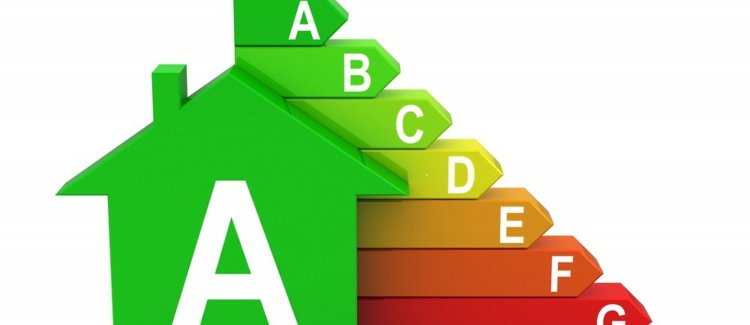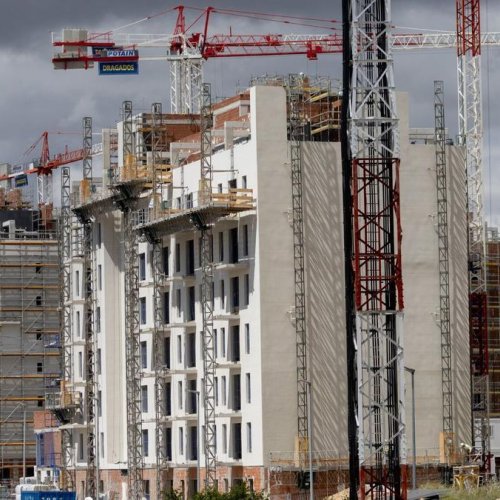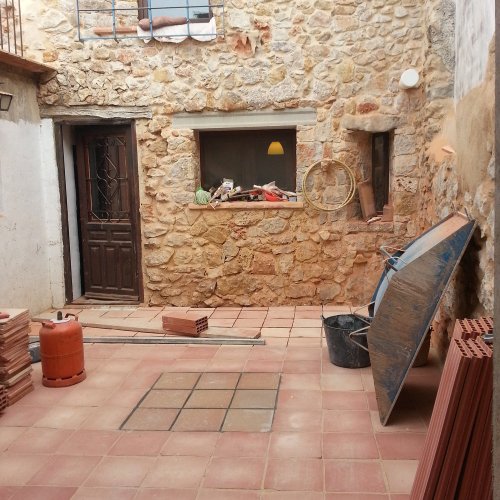
The Spanish Architects’ Association to Challenge New Royal Decree on Building Energy Certification for Undermining Technical Standards

The Spanish Architects’ Association to Challenge New Royal Decree on Building Energy Certification for Undermining Technical Standards
The Higher Council of the Associations of Architects of Spain (CSCAE) has announced it will file a contentious-administrative appeal before the Spanish Supreme Court against the recently approved Royal Decree 659/2025, which modifies the basic procedure for Building Energy Certification (CEE).
According to the CSCAE, this new regulation not only violates key legal principles but also represents a serious setback for the quality, safety, and energy performance of Spain’s building stock, with direct consequences for the real estate sector.
A Model That Undermines the Quality of Building Energy Certificates
The Royal Decree introduces changes that, according to the CSCAE, allow individuals without proper qualifications or training to issue energy certificates for completed buildings. The Council argues that this devalues the role of architects and building professionals, as it relies on knowledge areas entirely disconnected from Architecture and Building Engineering.
This puts at risk the technical integrity required for reliable energy evaluations of buildings, which are crucial tools for energy retrofitting and for enhancing property value in the real estate market.
Energy Efficiency and EU Regulation: A Narrow and Incomplete Vision
The recently enacted EU Directive 2024/1275 on the Energy Performance of Buildings stipulates that energy certificates must include a building renovation passport, incorporating technical, financial, and planning information. The CSCAE asserts that the new Royal Decree fails to align with this directive, and offers a limited and inadequate understanding of what energy efficiency means in building construction.
From a technical and professional perspective, energy performance must be assessed holistically, considering both passive elements (such as thermal envelopes) and active systems (such as HVAC and lighting), always within the context of a building's full life cycle.
Legal and Real Estate Market Implications
Beyond the technical scope, the CSCAE also highlights serious legal shortcomings, such as a violation of the principle of legal reserve and contradiction with recent Spanish Supreme Court rulings regarding professional competencies defined by the LOE (Building Planning Law).
These changes, if enforced, could lead to legal uncertainty for real estate professionals, property owners, buyers, and investors—at a time when energy transparency and building sustainability are critical for financing, public aid eligibility, and compliance with environmental goals.
Conclusion: A Wake-Up Call for the Real Estate Sector
The CSCAE’s legal challenge to the Royal Decree should be viewed as a warning to the entire industry. A rigorous and professionally issued energy certification not only ensures regulatory compliance but also serves as a strategic asset in real estate sales and rentals. Moreover, it plays a central role in advancing energy renovation and decarbonization of the building stock.
CATEGORIES
LATEST NEWS





